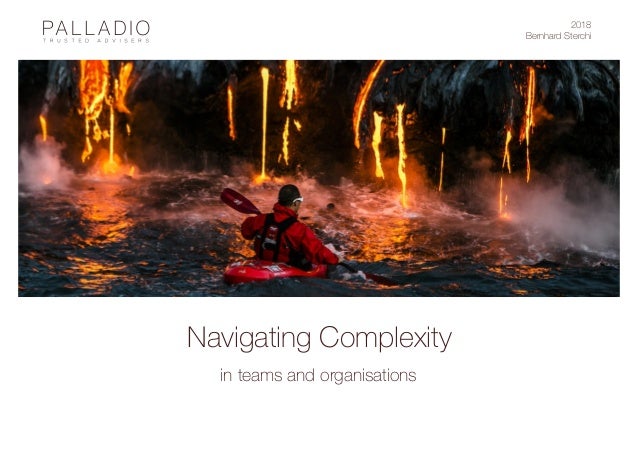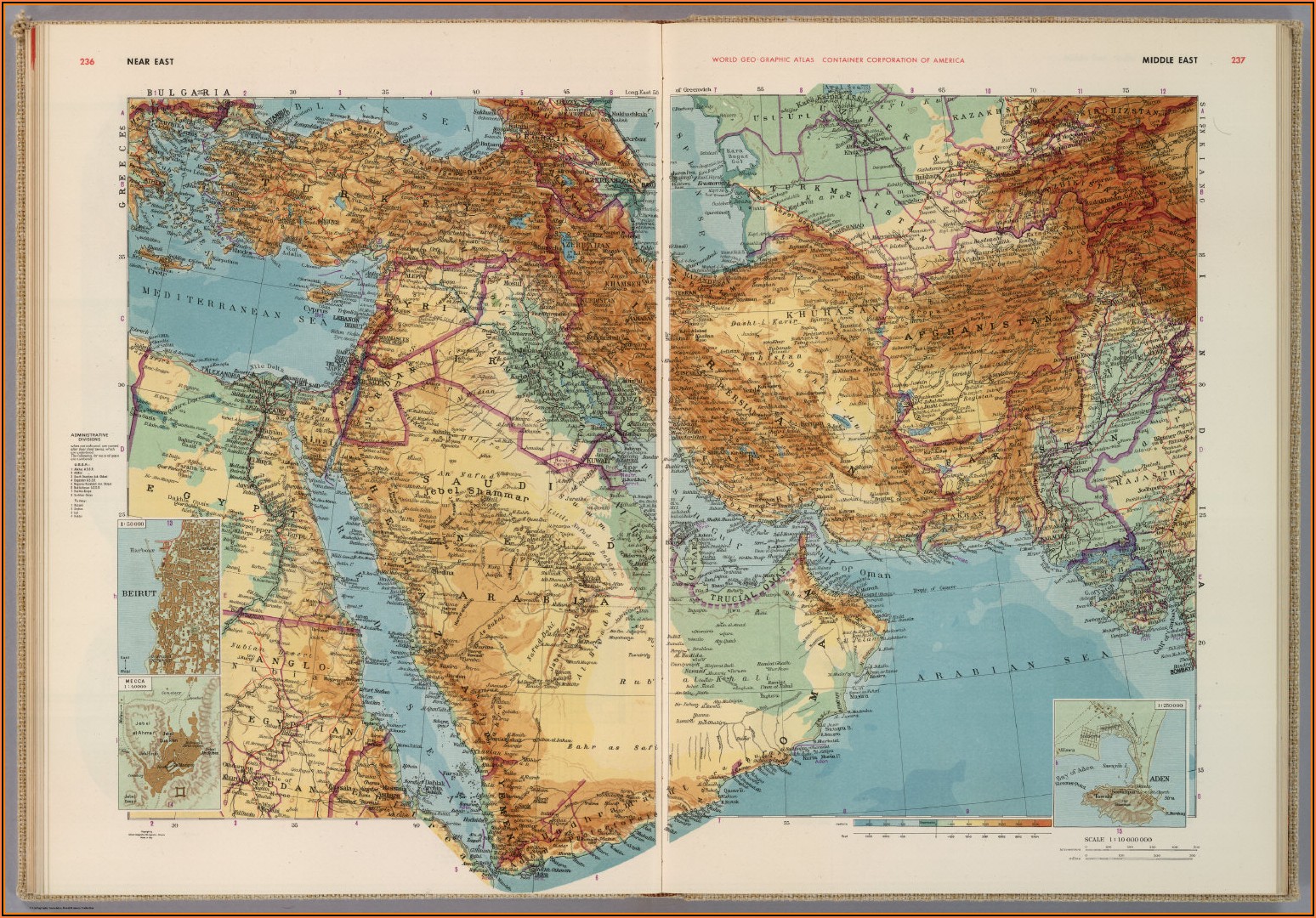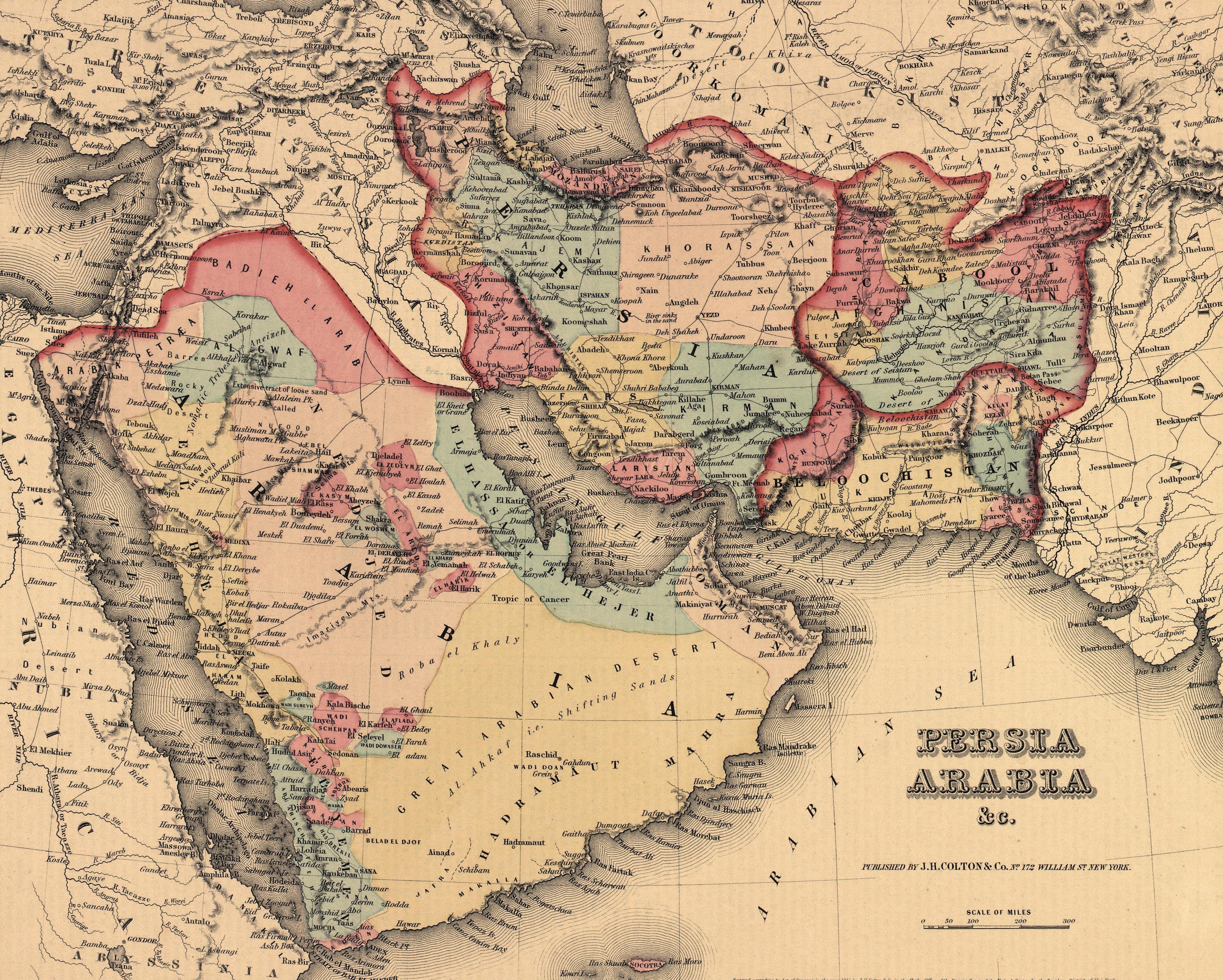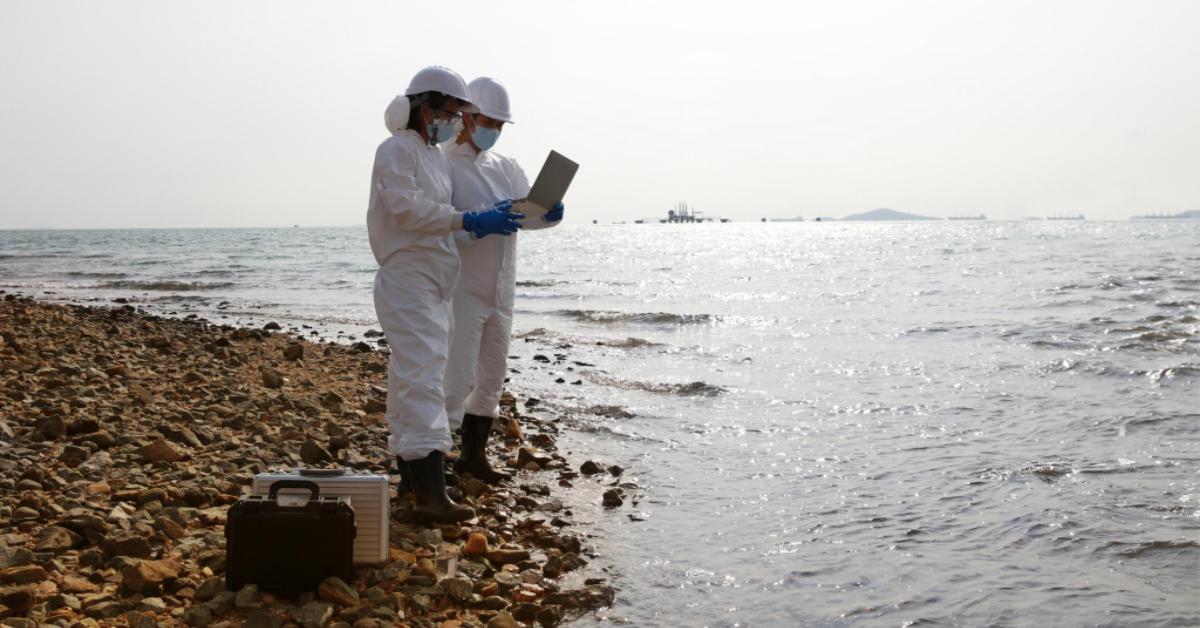Navigating the Complexities: A Geographical and Historical Exploration of Guantanamo Bay
Related Articles: Navigating the Complexities: A Geographical and Historical Exploration of Guantanamo Bay
Introduction
With great pleasure, we will explore the intriguing topic related to Navigating the Complexities: A Geographical and Historical Exploration of Guantanamo Bay. Let’s weave interesting information and offer fresh perspectives to the readers.
Table of Content
Navigating the Complexities: A Geographical and Historical Exploration of Guantanamo Bay

Guantanamo Bay, a small, strategic peninsula on the southeastern coast of Cuba, has become a focal point of global attention due to its unique status as a U.S. Naval Base leased from Cuba. This article delves into the geographical, historical, and political complexities surrounding Guantanamo Bay, providing a comprehensive understanding of its significance.
A Geographical Overview
Guantanamo Bay, situated in the southeastern corner of Cuba, is a natural harbor with a strategic location. Its strategic importance stems from its proximity to the Windward Passage, a vital waterway connecting the Atlantic Ocean to the Caribbean Sea. The bay itself is a deep, sheltered body of water, capable of accommodating large vessels. The surrounding landscape is characterized by rugged hills and a lush, tropical environment.
Historical Context: From Spanish Rule to U.S. Lease
The history of Guantanamo Bay is intertwined with the complex relationship between Cuba and the United States. During the Spanish-American War, the U.S. Navy seized control of the bay in 1898. Subsequently, the U.S. and Cuba signed a lease agreement in 1903, granting the United States perpetual control of the naval base. This agreement remains in effect, despite Cuba’s repeated attempts to revoke it.
The Naval Base: A Strategic Asset
Guantanamo Bay Naval Base serves as a vital strategic asset for the United States. It provides a forward operating base for the U.S. military in the Caribbean region, enabling rapid deployment of forces in response to regional conflicts or natural disasters. The base also houses various military facilities, including a naval station, an airfield, and a detention camp.
The Detention Camp: A Controversial Legacy
The establishment of a detention camp at Guantanamo Bay in 2002, following the September 11 attacks, has generated significant controversy. The camp has been used to house individuals suspected of terrorism, many of whom have been held without trial for years. This practice has been criticized by human rights organizations and international legal bodies, raising concerns about the legality and ethical implications of indefinite detention without due process.
The Political Landscape: A Complex and Evolving Situation
The status of Guantanamo Bay remains a contentious issue in the relationship between Cuba and the United States. Cuba considers the lease agreement to be an infringement on its sovereignty and has repeatedly demanded its termination. The United States, however, maintains its commitment to the lease and the continued operation of the naval base.
The Future of Guantanamo Bay: A Crossroads of History and Politics
The future of Guantanamo Bay remains uncertain. The continued operation of the detention camp, the ongoing political tensions between Cuba and the United States, and the evolving geopolitical landscape in the Caribbean region all contribute to the complex and uncertain future of this strategically significant location.
FAQs about Guantanamo Bay:
Q: Why is Guantanamo Bay important?
A: Guantanamo Bay’s strategic location, its deep natural harbor, and its long history of military operations make it a vital asset for the United States. It serves as a forward operating base for the U.S. military in the Caribbean region, enabling rapid deployment of forces in response to regional conflicts or natural disasters.
Q: What is the legal status of Guantanamo Bay?
A: Guantanamo Bay is a U.S. Naval Base leased from Cuba under a 1903 agreement. The United States maintains that the lease is valid and binding, while Cuba considers it to be an infringement on its sovereignty and has repeatedly demanded its termination.
Q: What is the detention camp at Guantanamo Bay?
A: The detention camp at Guantanamo Bay was established in 2002 to house individuals suspected of terrorism. It has been the subject of significant controversy due to the practice of holding detainees without trial for years, raising concerns about the legality and ethical implications of indefinite detention without due process.
Q: What are the arguments for and against the continued operation of the detention camp?
A: Supporters of the detention camp argue that it is necessary to detain dangerous individuals who pose a threat to national security. Critics argue that the camp violates international law, undermines human rights, and fuels anti-American sentiment.
Q: What is the future of Guantanamo Bay?
A: The future of Guantanamo Bay remains uncertain. The continued operation of the detention camp, the ongoing political tensions between Cuba and the United States, and the evolving geopolitical landscape in the Caribbean region all contribute to the complex and uncertain future of this strategically significant location.
Tips for Understanding Guantanamo Bay:
- Research the historical context: Understanding the historical relationship between Cuba and the United States is crucial to understanding the complexities surrounding Guantanamo Bay.
- Examine the legal arguments: Explore the legal arguments surrounding the lease agreement and the detention camp, considering both sides of the debate.
- Consider the ethical implications: Evaluate the ethical implications of the detention camp, particularly the practice of indefinite detention without trial.
- Stay informed about current events: Keep abreast of current events related to Guantanamo Bay, including political developments, legal challenges, and human rights concerns.
- Engage in critical thinking: Approach the topic with a critical mind, considering different perspectives and avoiding biased information.
Conclusion:
Guantanamo Bay represents a complex and multifaceted issue, encompassing historical, geographical, political, and ethical dimensions. Its strategic importance for the United States, its controversial detention camp, and its uncertain future make it a subject of ongoing debate and scrutiny. Understanding the historical context, the legal arguments, and the ethical implications is essential to forming a well-informed opinion on this significant and enduring issue.








Closure
Thus, we hope this article has provided valuable insights into Navigating the Complexities: A Geographical and Historical Exploration of Guantanamo Bay. We hope you find this article informative and beneficial. See you in our next article!